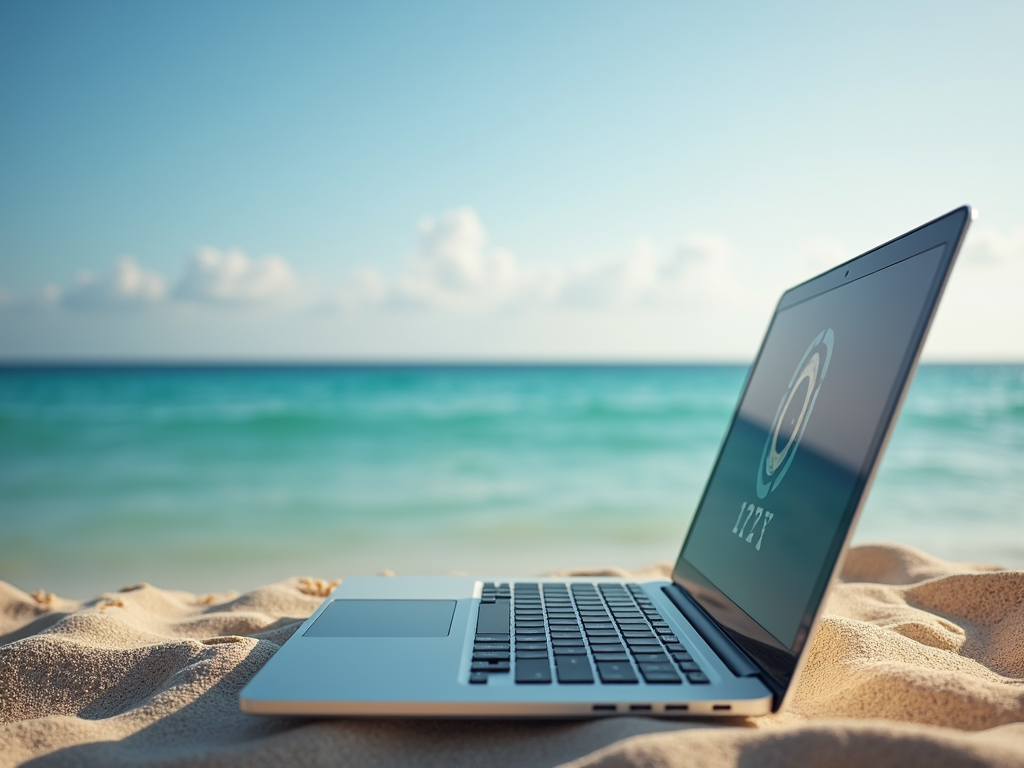The Importance of a No-Logs Policy in VPNs - Why Your VPN’s Logging Policy Matters
Online privacy matters more than ever today. With hackers, data breaches, and trackers everywhere, protecting your personal info is a must. A Virtual Private Network (VPN) can help, but not all VPNs are the same. The key? A no-logs policy. This article dives into why that matters and how it keeps you secure.
What’s a No-Logs Policy and Why Should You Care?
A no-logs policy means your VPN doesn’t save anything about what you do online. No record of the websites you visit, no note of your IP address, no timestamps—nothing. It’s like your internet activity vanishes after you disconnect.
Why does this matter? If your VPN keeps logs, someone could get that info—think advertisers, hackers, or even government agencies. A no-logs policy stops that cold. It’s the backbone of trust in a VPN. Without it, your privacy isn’t really private.
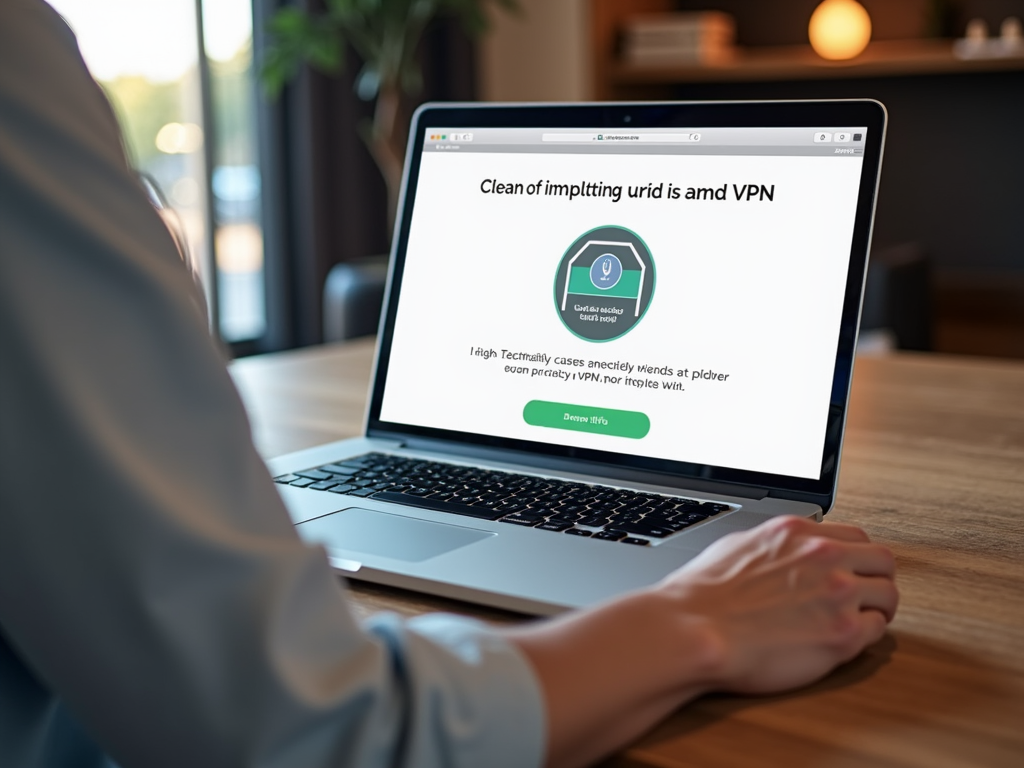
The Importance of a No-Logs Policy in VPNs - Why Your VPN’s Logging Policy Matters
Your VPN’s logging policy isn’t just a technical detail—it’s the difference between real privacy and a false promise. Here’s why it’s so critical:
- Keeps You Private: No logs mean no one can see what you’re doing online—not even your VPN provider. If someone demands your data, there’s nothing to hand over.
- Boosts Security: No stored data means less for hackers to steal. A breach at a VPN with logs could expose everything you’ve done online.
- Builds Confidence: You’re relying on your VPN to protect you. A clear no-logs policy shows they’re serious about that job.
A 2021 study from Cornell University found that many VPNs claiming ‘no logs’ still collected some user data. That’s why you need to dig deeper than marketing promises.
How a No-Logs Policy Protects You in Real Life
Imagine you’re on public Wi-Fi at a coffee shop. Without a VPN, anyone could snoop on what you’re doing. With a VPN that keeps logs, they might not see you right away—but your provider could still have a record of every site you visited. A no-logs VPN? That record doesn’t exist. I’ve used VPNs on public networks for years, and knowing my data isn’t being stored feels like a weight off my shoulders.
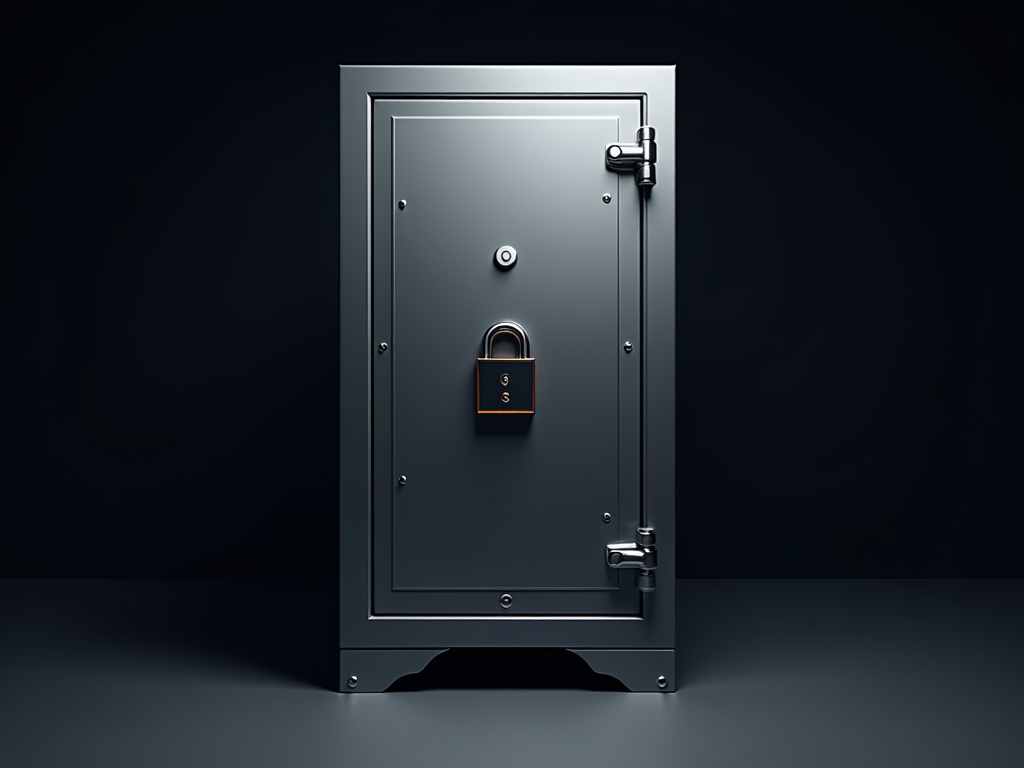
How to Choose the Best VPN for Your Needs
Picking a VPN can feel overwhelming with so many options. But focusing on a few essentials makes it simpler. Here’s what to check:
- No-Logs Policy: This is your starting point. Look for proof—like independent audits—not just claims.
- Solid Encryption: Go for AES-256, the gold standard. It scrambles your data so no one can read it.
- Location Matters: VPNs based in privacy-friendly countries (like Switzerland) often have stronger protections.
- Speed: Privacy’s great, but you don’t want a VPN that slows you to a crawl.
- Support: Good customer service can save you when things go wrong.
I once tried a VPN that sounded perfect but tanked my internet speed. Lesson learned: balance matters. Check reviews and test it yourself if you can.
Does Your VPN Really Keep No Logs?
Not every VPN is honest about logging. Some say ‘no logs’ but still track your connection times or bandwidth. Look for VPNs that have been audited by trusted firms—like Deloitte or PwC—to back up their claims. It’s extra peace of mind that’s worth it.
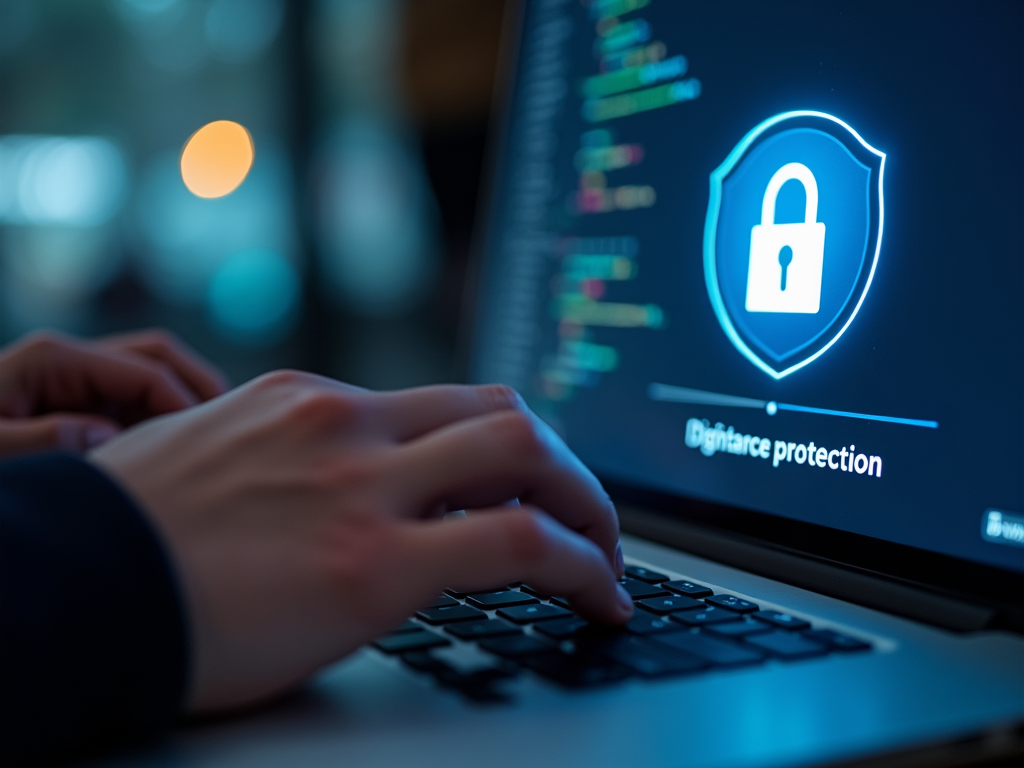
Top 5 Online Privacy Tools Every User Should Have
A VPN is a great start, but it’s not the whole picture. Here are five more tools to lock down your privacy:
| Tool | What It Does |
|---|---|
| Password Manager | Stores strong, unique passwords for every site |
| Ad Blocker | Stops ads and trackers from following you |
| Encrypted Messaging | Keeps your chats private with end-to-end security |
| Secure Browser | Blocks trackers and boosts privacy automatically |
| Two-Factor Authentication (2FA) | Adds a second step to logins for extra safety |
I started using a password manager last year, and it’s a game-changer—no more reusing weak passwords!
Why Online Privacy Tools Matter
These tools work together to cover gaps a VPN can’t. For example, a VPN hides your location, but an ad blocker stops websites from tracking your clicks. Pairing them gives you control over your digital life. The Electronic Frontier Foundation (EFF) has great resources on why this combo is key.

My Take on Online Privacy
I didn’t always care about this stuff. Then I found out an old email provider was scanning my messages to sell ads. That creeped me out enough to switch to a privacy-focused service and start using a VPN everywhere. Now, I’m that person who double-checks every app’s permissions. It’s not paranoia—it’s just smart. Little changes like that add up to real protection.
Common Myths About VPN Logging
Let’s clear up a few things:
- Myth: All VPNs are totally private. Truth: Only no-logs VPNs are.
- Myth: Free VPNs are just as good. Truth: Many free ones log and sell your data.
- Myth: Logs don’t matter if you’re not doing anything wrong. Truth: Privacy isn’t about guilt—it’s about control.
I fell for the free VPN trap once. The ads were endless, and I later learned they tracked everything. Paid no-logs VPNs are worth every penny.
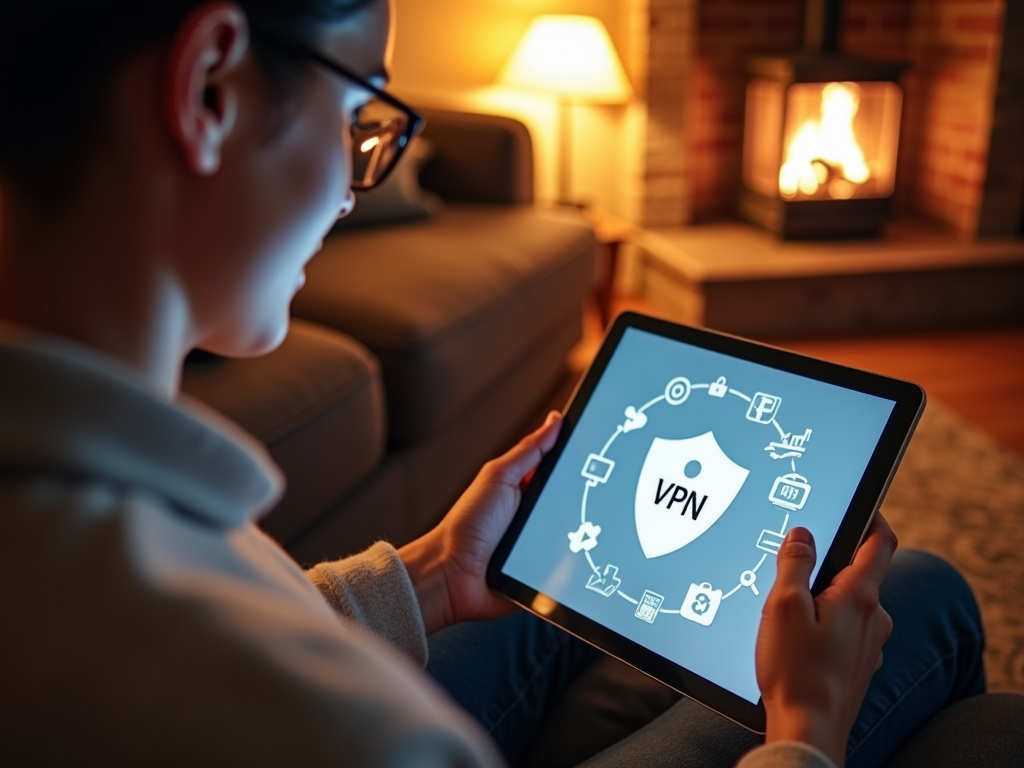
How to Spot a Trustworthy VPN
Dig into the fine print. A good VPN will:
- Publish a clear privacy policy
- Share audit results
- Avoid vague language like ‘minimal logs’
I’ve seen shady VPNs bury logging details in legalease. If it’s not crystal clear, move on. Resources like Consumer Reports’ VPN guide can help you compare options.
Summary
A no-logs policy is the heart of a good VPN. It keeps your online life private, secure, and out of reach from prying eyes. When picking a VPN, focus on no logs, strong encryption, and a provider you can trust. Add tools like password managers and ad blockers for extra layers of safety. Online privacy isn’t optional anymore—it’s essential. Take charge of it today.
